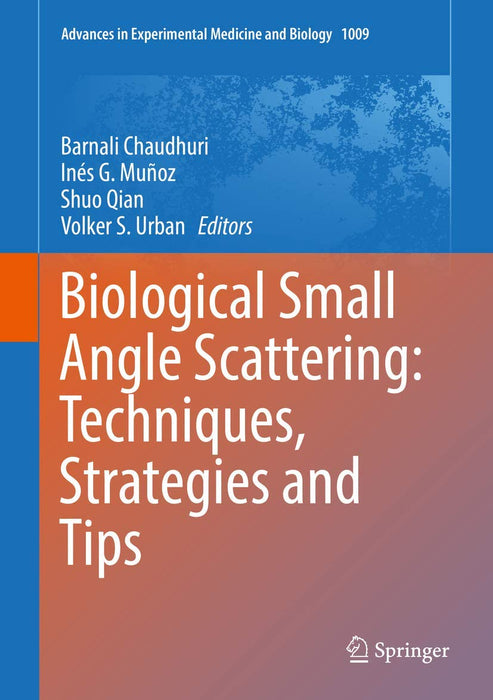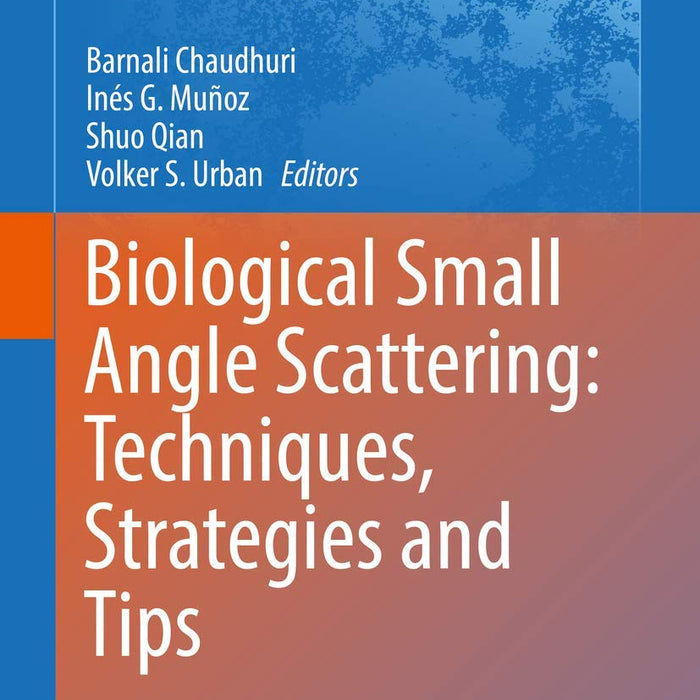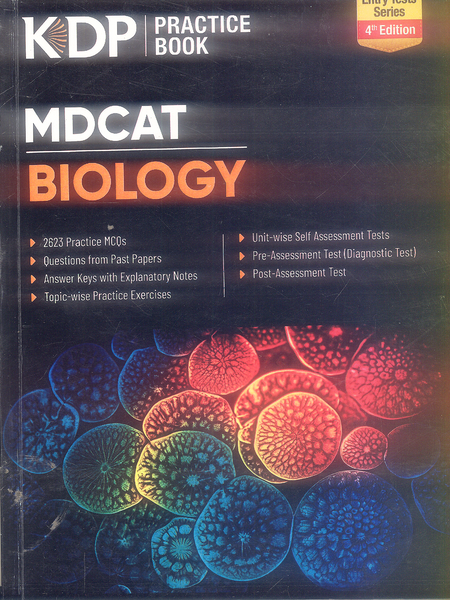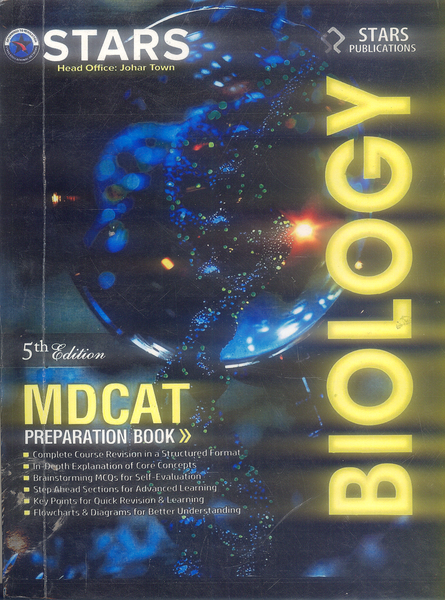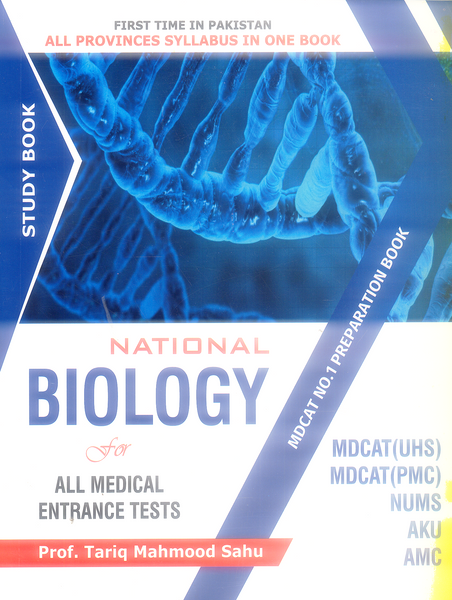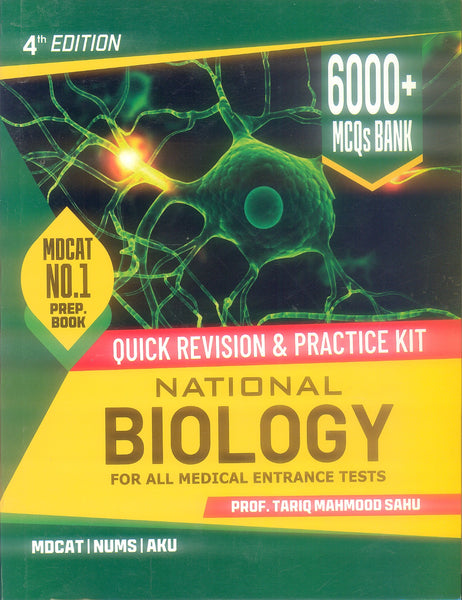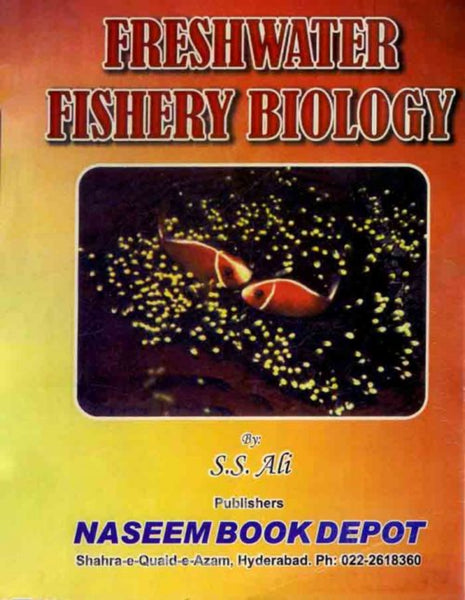Biological Small Angle Scattering: Techniques, Strategies and Tips
- Publisher: BIOLOGY
- Availability: In Stock
- SKU: 49372
- Number of Pages: 280
Rs.680.00
Rs.895.00
Tags: Barnali Chaudhuri , best books , Best Price , Best Selling Books , Biological Complexes , Biological Macromolecule Dynamics , Biological Macromolecules , Biological Molecule Characterization , Biological Samples in Scattering , Biological Scattering Techniques , Biological Small Angle Scattering , Biological Structure Analysis , Biophysical Techniques in Biology , Inés G. Muñoz , Molecular Scattering , Molecular Structure Analysis , Nanostructures in Biology , ONLINE BOOKS , Online Bookshop , Protein Conformation Analysis , Protein Structure Determination , SAXS and Protein Folding , SAXS Applications in Biology , SAXS Data Collection Tips , SAXS Data Interpretation , SAXS in Biochemistry , SAXS in Biology , SAXS in Biophysics , SAXS Techniques , Scattering Methods in Biology , Scattering Strategies for Biomolecules , Scattering Strategies in Structural Biology , Shuo Qian , Small Angle Scattering , Small Angle Scattering Applications , Small Angle Scattering in Biophysics , Small Angle Scattering Research , Small Angle X-ray Scattering , Structural Analysis Techniques , Structural Biology Research , Techniques Strategies and Tips , X-ray Scattering in Biological Research
Biological Small Angle Scattering: Techniques, Strategies and Tips
Editors: Barnali Chaudhuri, Inés G. Muñoz, Shuo Qian
Quality: Black White Pakistan Print
🔹 Introduction
"Biological Small Angle Scattering: Techniques, Strategies and Tips" offers a thorough exploration of small angle scattering (SAS) techniques, focusing on their application to biological macromolecules. Edited by Barnali Chaudhuri, Inés G. Muñoz, and Shuo Qian, this book provides an in-depth understanding of the methodologies used to analyze the structure and dynamics of biological molecules, such as proteins, nucleic acids, and complexes. Aimed at both beginners and advanced researchers, the book provides expert insights into experimental techniques, data analysis strategies, and practical tips, making it an indispensable resource for researchers in the field of structural biology. The book is presented in black and white print, typical of Pakistani print editions.
🔹 Key Points
-
Comprehensive Overview of SAS: This book covers the principles, techniques, and applications of small angle scattering in biological research, making it a comprehensive guide for those working with biological macromolecules.
-
Practical Data Analysis Tips: It includes detailed strategies for interpreting SAS data, helping researchers effectively analyze the structural properties of biomolecules.
-
Advanced Techniques: The editors delve into the latest developments in SAS methodologies, ensuring that readers are aware of cutting-edge tools in the field.
-
Application to Complex Systems: The text discusses the application of SAS to study complex biological systems, including protein folding, protein-protein interactions, and nucleic acid structures.
-
Expert Contributions: The book features contributions from leading experts in the field, offering diverse perspectives and experiences to guide both novice and seasoned researchers.
🔹 Why Read This Book
If you're engaged in biological research involving the structure and behavior of macromolecules, this book provides an essential reference for understanding the powerful small angle scattering techniques. With its practical tips and strategies, it helps readers enhance their experimental and analytical skills, making it a valuable tool for both newcomers and experienced scientists in structural biology.
🔹 Conclusion
"Biological Small Angle Scattering: Techniques, Strategies and Tips" is an excellent resource for anyone interested in the advanced study of biological macromolecules. Whether you're looking to gain a deeper understanding of small angle scattering or refine your research methodologies, this book offers expert guidance and cutting-edge strategies to help you achieve your scientific goals. With contributions from leading researchers, it remains an essential tool for those working in the realm of molecular biology and structural analysis.

